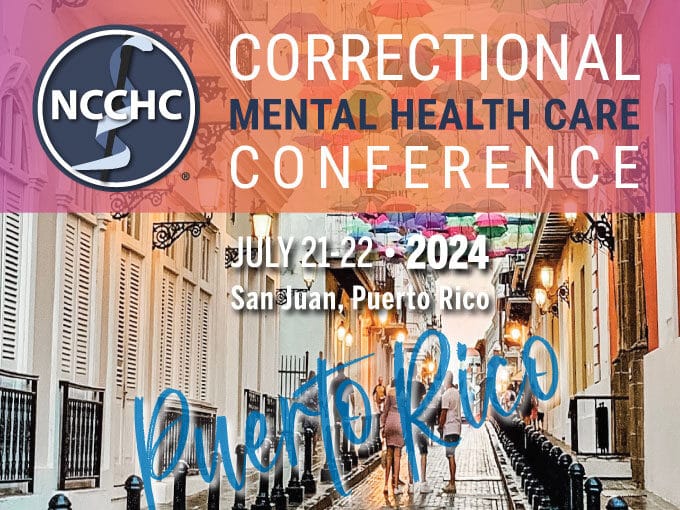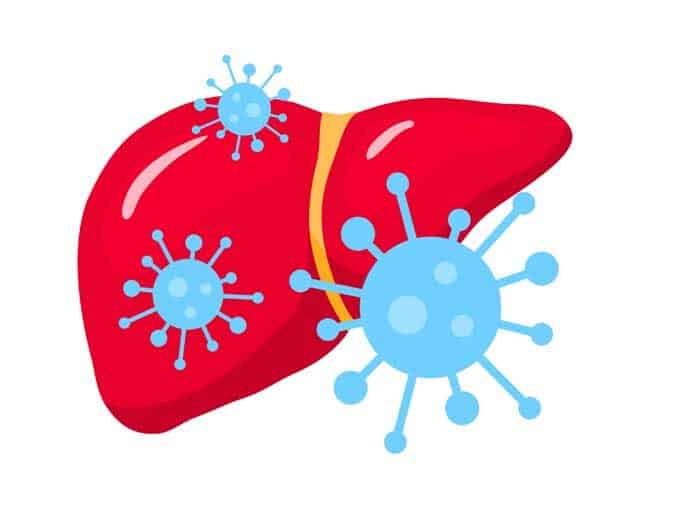
Say hola to Puerto Rico
The 2024 Correctional Mental Health Care Conference will be held in sunny San Juan!
Home NCCHC Releases Four Revised Position Statements
NCCHC’s Board of Directors has approved revision and publication of four position statements. Position statements augment the Standards or express NCCHC’s expert opinion on important issues that are not addressed in the Standards. The position statements are summarized below:
Health Services Research in Correctional Settings
Research into correctional health care has grown in recent years, driven by recognition of its pivotal role in public health. Yet significant gaps exist, and the field remains in need of authoritative data that can inform policy decisions. First adopted in 2009, this position statement continues to call for a coordinated national health services research agenda to build correctional health care capacity and itemizes research priorities, including action at the federal level and collaboration with national, state, and local agencies. The updated statement acknowledges challenges that create barriers to this research, such as lack of a centralized data reporting network and the reluctance to share facility-level information. It also points to the widespread use of electronic health records, which facilitates the sharing of aggregate health data. View now >>
Naloxone in Correctional Facilities for the Prevention of Opioid Overdose Deaths
A newly updated position statement by NCCHC calls for increased access to and use of naloxone in correctional facilities. Opioid use and overdose are concerns among incarcerated populations, and risk of death from overdose after release is high. Research has shown that opioid overdose education and naloxone distribution programs in prisons and jails reduce mortality.
NCCHC recommends that all facilities make naloxone kits readily available and that custody and health staff undergo training that includes technique for administration of naloxone as well as performance of cardiopulmonary resuscitation and emergency transfer of the incarcerated patient to a facility equipped to treat overdose. Incarcerated individuals should be educated about overdose and naloxone use. Those with diagnosed opioid use disorder and those at particularly high risk of overdose should be given naloxone kits at release. New to the 2020 statement is a recommendation to educate the family and loved ones of incarcerated individuals and to provide naloxone kits to visitors. View now >>
Nonuse of Restraints for Pregnant and Postpartum Incarcerated Individuals
The latest version of this statement reiterates that restraint can be harmful to the pregnant individual and the fetus throughout pregnancy and the postpartum period, and especially during labor and delivery. NCCHC recommends that restraints not be used during labor and delivery, including transport to the hospital for labor. Avoiding the application of restraints during all other points of pregnancy and the 6-week postpartum period should be the default. Custody staff should be required to remove restraints upon request of health care personnel, whether at the correctional facility or an off-site health care facility. The lightly revised statement presents recommendations for the antepartum, intrapartum, and postpartum periods. View now >>
Transgender and Gender Diverse Health Care in Correctional Settings
Transgender people may face an array of risks to their health and well-being during incarceration, and may have specific health needs related to gender dysphoria and other comorbid medical and mental health conditions. This statement has been significantly revised based on current understanding of these needs and the appropriate ways to address them, including the special needs of adolescents. Fundamentally, health staff should evaluate and treat transgender patients in a manner that respects their unique transgender, medical, mental health, and psychosocial needs. The statement makes 30 recommendations in the areas of health management, patient safety, continuity of care and discharge planning, and training. View now >>
PDF versions of the position statements can be downloaded on this page >>.


